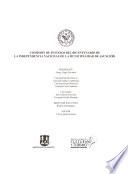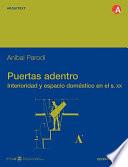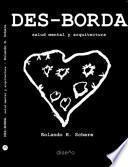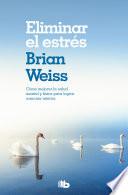Historia de la arquitectura del Paraguay, 1537-1911
Resumen del Libro

A major critical study by noted architect and researcher Ramón Gutiérrez on the different phases of the history and evolution of the architectural patrimony of Paraguay spanning from primitive and colonial times to present days. The book includes a large collection of period photographs and color reproductions of the watercolors of the city of Asuncion done between 1855 and 1856 by French traveler Francisco Vincent of colonial and old Asuncion that graphically document how the original urban profile of Asunción has paid the tribute of the urban development and progress sacrificing its most characteristic traces. Author Gutiérrez describes the particular traces of the Paraguayan architectural topology in an introductory text "Paraguay offers the best examples of "street corridor" and "island block" in Ibero-American architecture. The "tirones" (length) of streets of houses with galleries aligned for climate protection from the torrid sun or torrential rain generate an urban landscape integrated in a notable quality. The long ends of gable roofs protect the walls of "estanteo" (cane reinforced mud walls) or adobe from the degradation caused by the rain and offers the required shadow. But the galleries, as the antique open set of arches or portals and the "soportales" (colonnades) Mediterranean style, are the social and commercial life of the city ... that give continuity to the vision of an integrated city"--Page [9].
Datos sobre el Libro
Cantidad de páginas 441
Autor:
- Ramón Gutiérrez
Categoría:
Formatos Disponibles:
PDF, EPUB, MOBI
Descargar Ebook
Valoración
3.4
32 Valoraciones Totales







